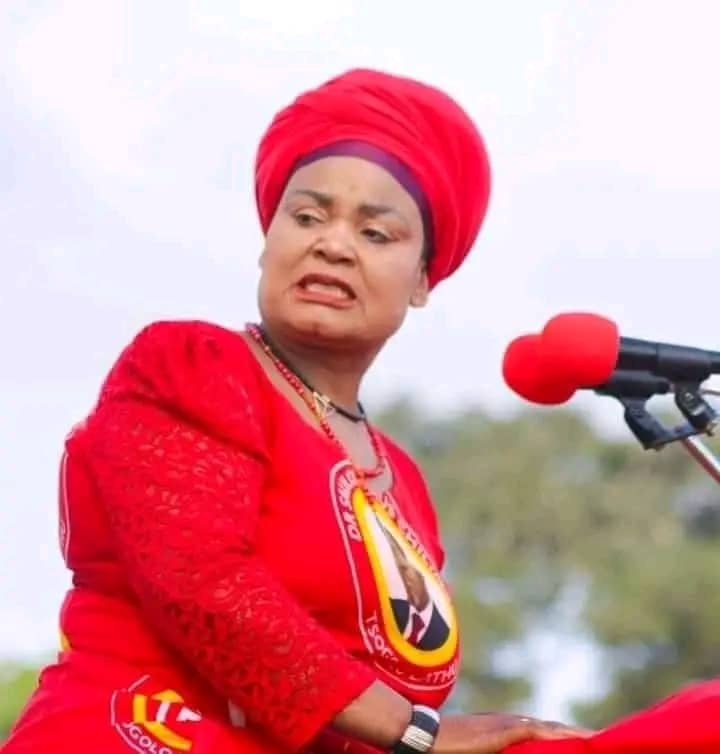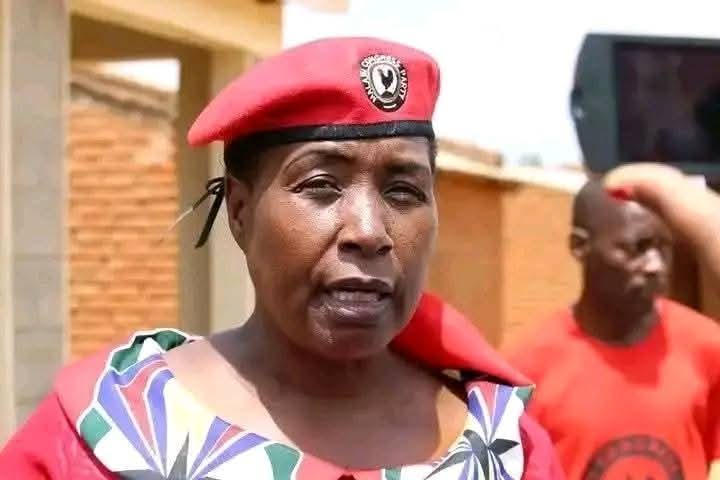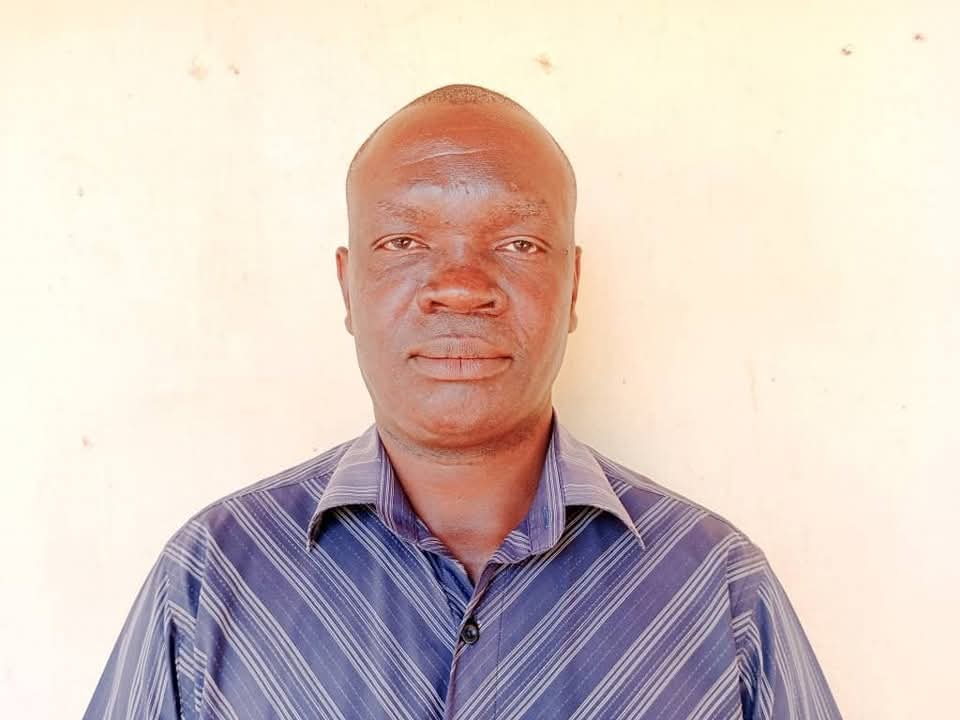By Burnett Munthali
The arrest of UTM Party Secretary General Patricia Kaliati has raised significant political and legal questions in Malawi. As confirmed by National Police spokesperson Peter Kalaya, Kaliati was taken into custody today in Lilongwe, where she is being held at an undisclosed police station. According to Kalaya, she is suspected of conspiring with two others to commit a crime, although the details of the alleged offense have not been disclosed.
This development comes at a critical time for the UTM Party, as it prepares for its upcoming convention and gears up for the next general elections. Given Kaliati’s influential role within the party, her arrest could potentially disrupt internal dynamics and fuel speculation about political interference. The decision by the police to withhold information about the case, citing concerns over compromising the investigation, only adds to the mystery surrounding the arrest.
- Parliament Sets February 27 for 2026/27 National Budget Presentation
- Castel Malawi replants 2000 trees at Mudi catchment area
- Kamphangala assures MCP thieve for more arrests
- AFORD Withdraws from DPP Strongholds to Strengthen Blue Alliance in By-Elections
- Helal Commits to Empowering Muslim Communities
The timing of Kaliati’s arrest cannot be ignored. As one of the most vocal and recognizable figures within the UTM, her detention comes at a moment when the party is solidifying its strategy ahead of the elections. This has led to speculation that the arrest may be politically motivated, a tactic to weaken the party’s leadership and sow discord among its ranks. Such theories, while unconfirmed, resonate with past instances in Malawian politics where legal actions against opposition figures were perceived as deliberate efforts to stifle dissent or destabilize political opponents.
If political motives are at play, this incident could escalate tensions between the ruling party and the opposition, creating an atmosphere of distrust. Furthermore, it raises concerns about the independence of Malawi’s law enforcement and judicial systems, which are often accused of being manipulated to serve political agendas.
From a legal standpoint, Kaliati’s arrest raises questions about the due process of law. The police have the responsibility to investigate and bring to justice those suspected of criminal activity. However, without clear charges or transparent communication from the authorities, the public is left to speculate on the validity of the arrest. The refusal by Kalaya to divulge further details due to concerns about “compromising evidence” could either suggest a genuinely sensitive investigation or be interpreted as an attempt to obscure the truth behind the arrest.
For Kaliati and her co-accused, if charges are brought against them, their defense will likely scrutinize the procedures followed by the police, ensuring that their rights were not violated during the arrest and detention. The lack of details could play into their legal strategy, particularly if it becomes apparent that the arrest was rushed or politically motivated.
Within the UTM, this arrest could have wide-ranging effects. While it might strengthen solidarity within the party, rallying members around a leader who is seen as being unfairly targeted, it could also introduce instability. Party leadership will need to navigate this sensitive period carefully, ensuring that internal divisions do not arise as a result of this legal battle.
Public perception will be critical in shaping how this event unfolds. If the arrest is viewed as a political maneuver, it could lead to a loss of trust in law enforcement institutions, with many questioning their impartiality. On the other hand, if the case is proven legitimate, it could damage UTM’s credibility, potentially affecting its standing with voters.
The arrest of Patricia Kaliati has sent shockwaves through Malawi’s political landscape. While the police insist that the arrest is based on legitimate grounds, the lack of clarity surrounding the charges raises concerns about possible political interference. In a time when political parties are positioning themselves for future elections, this case will undoubtedly be a key point of discussion, both within UTM and among the wider public. How the legal process unfolds will be critical in determining whether this is a case of justice being served or political gamesmanship at play.





I was recommended this blog by way of my cousin. I am no longer certain whether or not this put up is written via him as nobody else understand such targeted about my problem. You’re incredible! Thanks!
Hello, Neat post. There’s a problem together with your web site in internet explorer, might check this… IE nonetheless is the market leader and a good component to other people will omit your magnificent writing because of this problem.